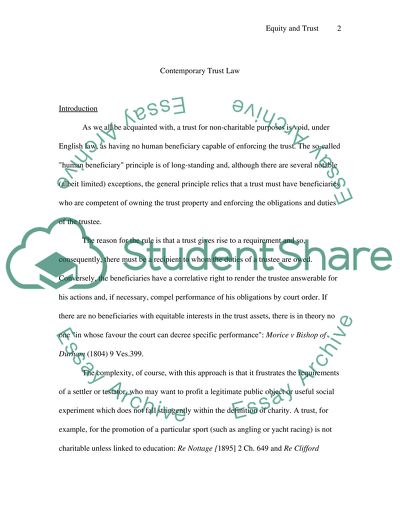Cite this document
(“Contemporary Trust Law Assignment Example | Topics and Well Written Essays - 2500 words”, n.d.)
Contemporary Trust Law Assignment Example | Topics and Well Written Essays - 2500 words. Retrieved from https://studentshare.org/law/1534441-contemporary-trust-law
Contemporary Trust Law Assignment Example | Topics and Well Written Essays - 2500 words. Retrieved from https://studentshare.org/law/1534441-contemporary-trust-law
(Contemporary Trust Law Assignment Example | Topics and Well Written Essays - 2500 Words)
Contemporary Trust Law Assignment Example | Topics and Well Written Essays - 2500 Words. https://studentshare.org/law/1534441-contemporary-trust-law.
Contemporary Trust Law Assignment Example | Topics and Well Written Essays - 2500 Words. https://studentshare.org/law/1534441-contemporary-trust-law.
“Contemporary Trust Law Assignment Example | Topics and Well Written Essays - 2500 Words”, n.d. https://studentshare.org/law/1534441-contemporary-trust-law.


